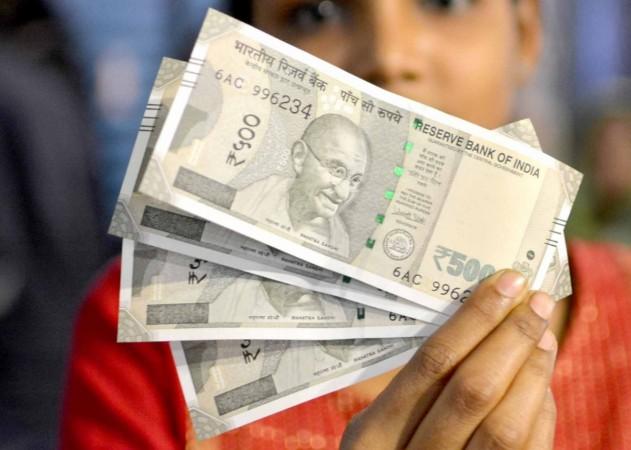
In a move that is expected to provide more benefits to the salaried class, the Payment of Gratuity (Amendment) Bill 2017 is likely to be passed in the Budget session. The bill proposes to empower the Central government to allow gratuity limits of employees in both the government and private sectors to be revised.
"The government wants to provide tax-free gratuity of Rs 20 lakh to organised-sector workers at par with the Central government," PTI quoted sources as saying. The bill also seeks to allow the government to notify the period of maternity leave and gratuity that can be availed by employees under a Central law.
The bill was introduced in the Lok Sabha in the Winter session of Parliament last month by Labour Minister Santosh Kumar Gangwar. The bill seeks to amend the Payment of Gratuity Act, 1972, and is now expected to be passed in the Budget session, which is scheduled to begin by the end of this month.
The revision will also allow the Central government to notify the maternity leave period for female employees as deemed to be in continuous service. The maximum maternity leaves that can be availed according to the 1972 Act are 12 weeks.
The Payment of Gratuity Act, 1972, was enacted to provide for gratuity payment to employees engaged in factories, mines, oilfields, plantations, ports, railway companies, shops or other establishments.
Employees are currently eligible for a maximum of Rs 10 lakh — a limit fixed in 2010 — if they have provided at least five years of continuous service at the time of termination. It is mandatory for any employer in the private sector or public sector who has 10 or more employees to pay gratuity to all employees.
Gratuity is considered a monetary reward for being in service with the company. With respect to gratuity, the amount is calculated on the basis of a formula which is 15 days of wages for each year of completed services, subject to the ceiling of Rs 10 lakh wages for each year of completed services. This current limit was fixed in 2010.








